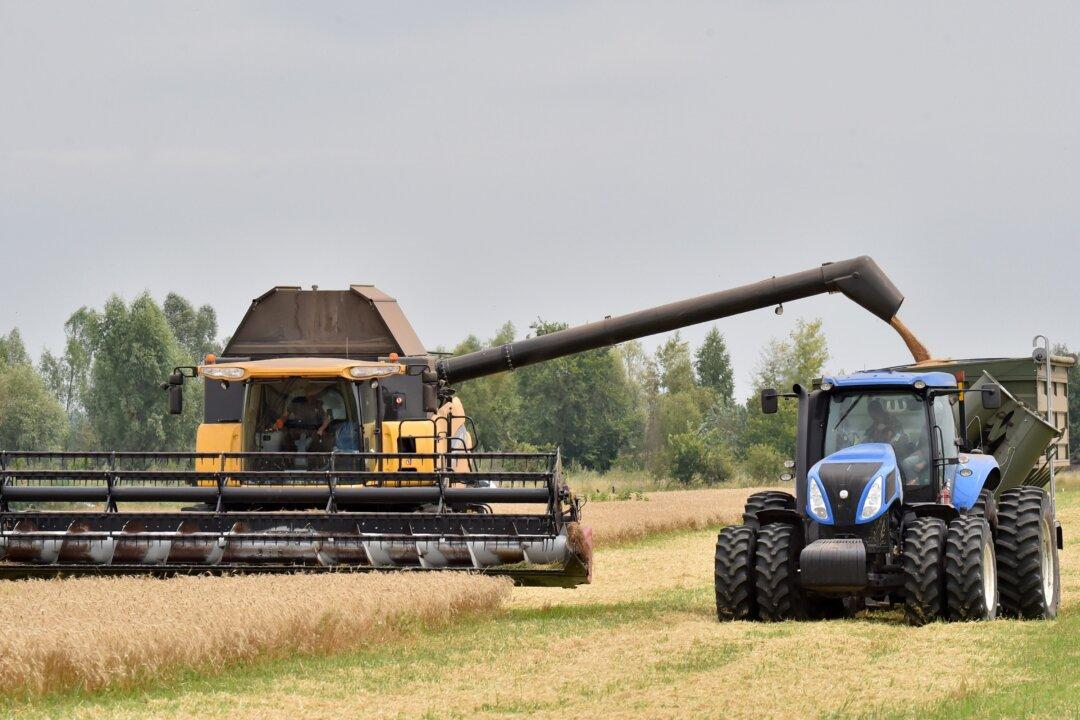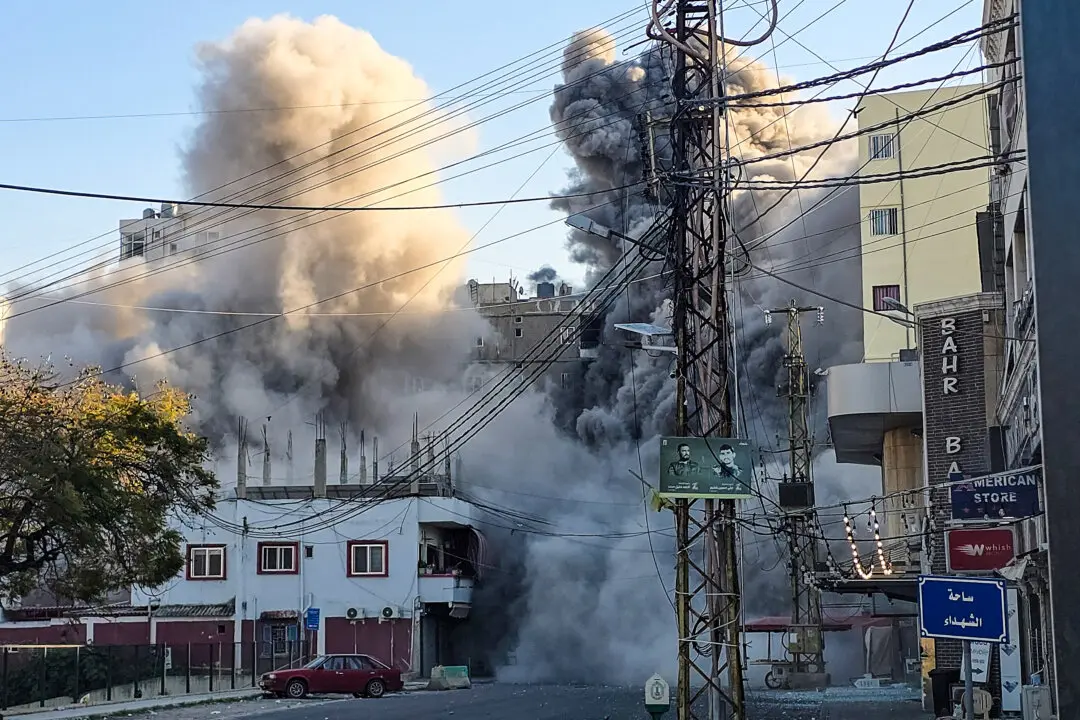A top general has suggested the United States may pursue military options to help Ukraine export its grain and help end Russia’s blockade of Ukraine’s Black Sea coast.
Gen. Christopher Cavoli, who has been nominated to be the next commander of NATO, told senators at a hearing on Thursday that he might offer military options to allow for grain to be exported. When asked about what he would do, Cavoli said that if he’s confirmed he would “provide the military options required by our civilian leaders.”





